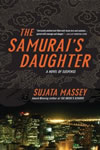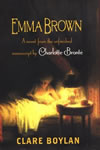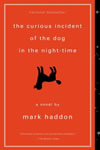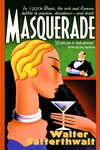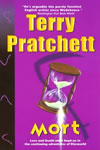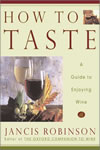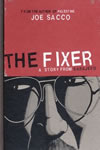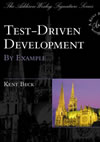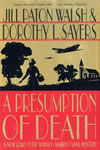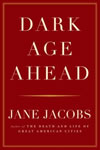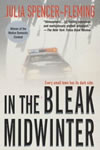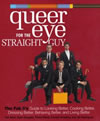Rei Shimura, a youngish Japanese American antique freelancer who grew up in San Francisco and now lives in Japan, finds out some unpleasant things about her ancestors and their radically-conservative politics in the years before the Second World War. After a weak outing in The Bride's Kimono, Sujata Massey returns to form in this readable, intelligent, and interesting mystery.
It is now clear, though, that Massey finds the formal requirements of the mystery uncomfortably constraining, and that she's not going to be able to accommdate herself to them. The strain is already evident in The Salaryman's Wife, her wonderful first novel. There, as here, she's got very fine characters, a wonderful sense of place, an eye for detail. But she also has a very shaggy plot in Salaryman, and here -- years later -- we've still got more suspense than we need. I'm all for plot, but there's too much plot here, so much that we stop believing.
Personal note to Massey, cc: Paretsky, Kellerman: there's no rule that requires your protagonist to be in physical peril in the last scene of every mystery. Maybe you need this for the screenplay, but you can add that later.
October 30, 2004 (permalink)
